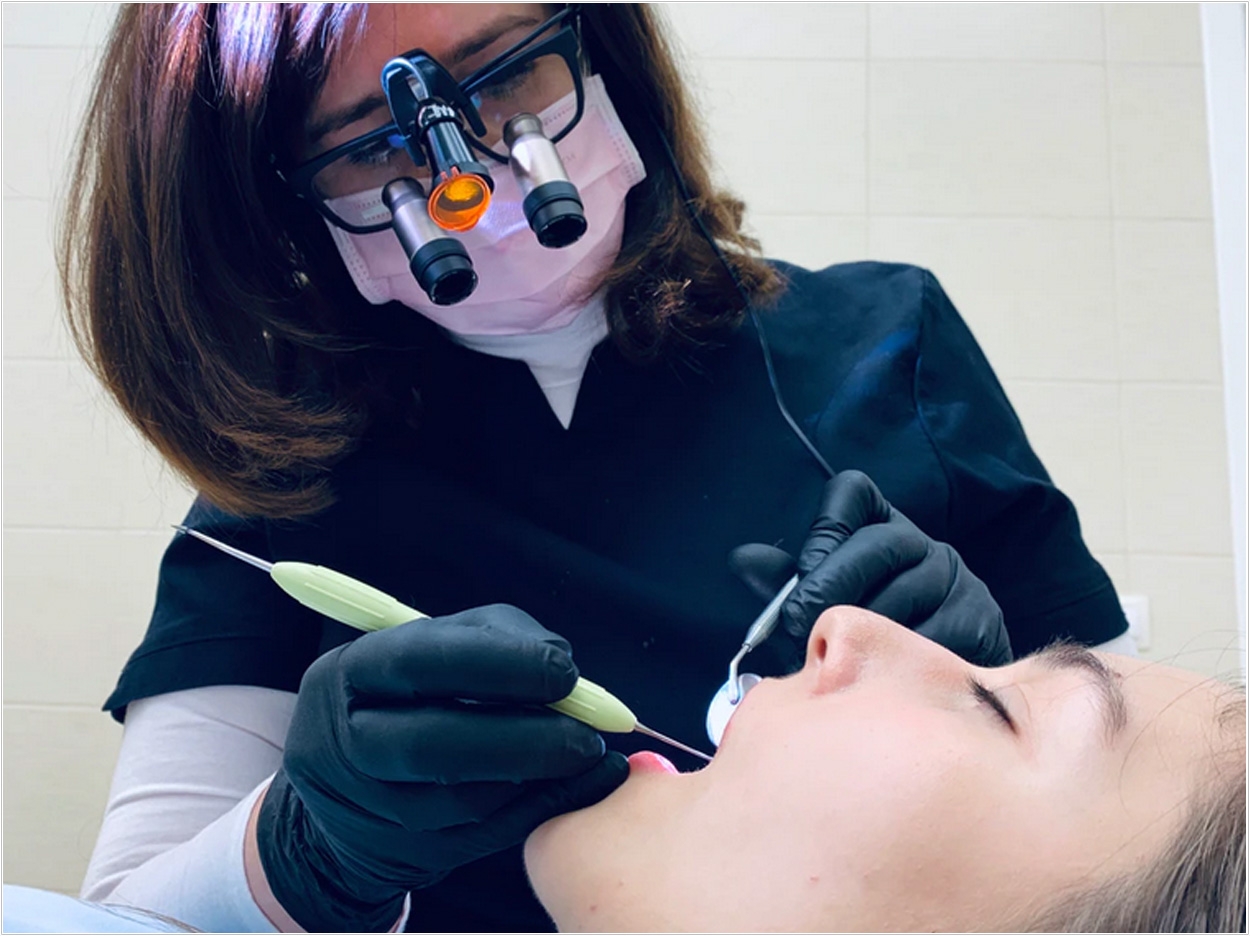
Dental professionals can play a significant role in ending the HIV and AIDS epidemic by 2030, according to the Indonesian Dental Association and International Association for Dental Research, which conducted the Eighth World Workshop on Oral Health in HIV/AIDS (WW8) in Bali, Indonesia, in September.
WW8 welcomed 640 delegates from 36 countries to gather and share the collective experience of dentists and doctors, including specialists in oral medicine and public health, who all have in interest in ending the HIV and AIDS epidemic. Together, they drafted a declaration that highlights the role of oral health professionals in managing patients living with HIV.
The declaration supports the work of the Joint United Nations Programme on HIV/AIDS to end the global epidemic by 2030. Its participants agree that this goal could be significantly enhanced by improving the current level of knowledge among healthcare professionals and the public at large.
The participants also concluded that it is necessary to eliminate the stigma of HIV and AIDS and to improve accessibility and compliance with effective therapy to prevent HIV transmission. To achieve these goals, the participants said, targeted educational input is required to ensure that:
- The role of dental professionals is recognized as an integral part of the healthcare team committed to achieving the end of HIV and AIDS
- HIV education of dental students and dental healthcare workers should be an essential element of the dental curriculum to ensure the profession has the appropriate knowledge and attitudes to manage people living with HIV
- Public health programs ensure that the general public is aware of HIV testing and the role of dental healthcare workers in facilitating it, further normalizing attitudes toward people living with HIV
Research into oral health serves to improve the diagnosis and care of patients and provides the evidence base that underpins future education, the participants said. Also, high-quality research and educational initiatives for doctors, dentists, and the community are urgently required to achieve the HIV and AIDS objectives, they said.
“This declaration is a key step in affirming the role of oral health professionals as essential players in delivering effective, multi-disciplinary care to patients living with HIV,” said Dr. Gerhard K. Seeberger, president of the FDI World Dental Federation.
More than half of HIV-positive people develop oral symptoms early in the course of the disease, FDI reports. These conditions can cause pain and discomfort, leading to difficulty in chewing, swallowing, and tasting food, while having a significant impact on quality of life, FDI adds.
FDI believes that oral health professionals have a key role to play in detecting the first signs of infection. HIV-related oral lesions can be used to diagnose HIV infection, monitor the disease’s progression, predict immune status, and contribute to timely therapeutic intervention.
Related Articles
How Do You Treat a Patient With HIV? The Same As Everyone Else
Study to Explore Link Between HIV and Tooth Decay
NYU Dentistry Receives $2 Million Grant to Study HIV Latency












